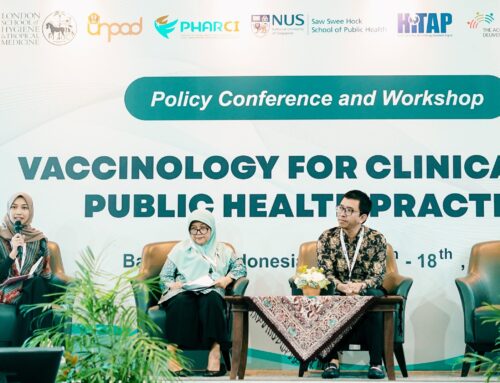
When resources are limited, choices must be made when deciding how to manage them. This saying is largely relevant when it comes to private goods (excludable and rivalrous) such as medical equipment, medicines, vaccines, and among others. In Lao PDR, there is a growing interest in adopting Health Technology Assessment (HTA) as a tool to provide evidence to inform policy decisions. However, HTA in Laos is still in its early stage where building relevant capacity and infrastructure has been the emphasis of the development. The Health Intervention and Technology Assessment Program (HITAP) together with other partners, including Murdoch Children’s Research Institute (MCRI), the University of Health Sciences (UHS), Lao-Oxford Mahosot Wellcome Trust Research Unit (LOMWRU), the National University of Singapore (NUS), and Clinton Health Access Initiative (CHAI) have come together with the support of the Australian Department of Foreign Affairs and Trade (DFAT) to build local technical capacity through a series of trainings on topics such as HTA, infectious disease modelling, vaccine case studies, and communicating research.
HTA technical workshop
Among the trainings in the series, HITAP was tasked with conducting a technical workshop on HTA on 17-20 July 2023. This was the first HTA training conducted by HITAP outside of Thailand since the COVID-19 pandemic began. The training was designed for in-person attendance only to ensure engagement for the practical modelling work. Participants were introduced to the core concepts of HTA with an example of evidence-informed prioritisation of vaccine, illustrating why evidence use is essential for resource allocation. Understanding of economic cost and outcome measurement was emphasised as the foundation for model development and participants had an opportunity to put theory into practice by building a simplified decision tree and Markov model.
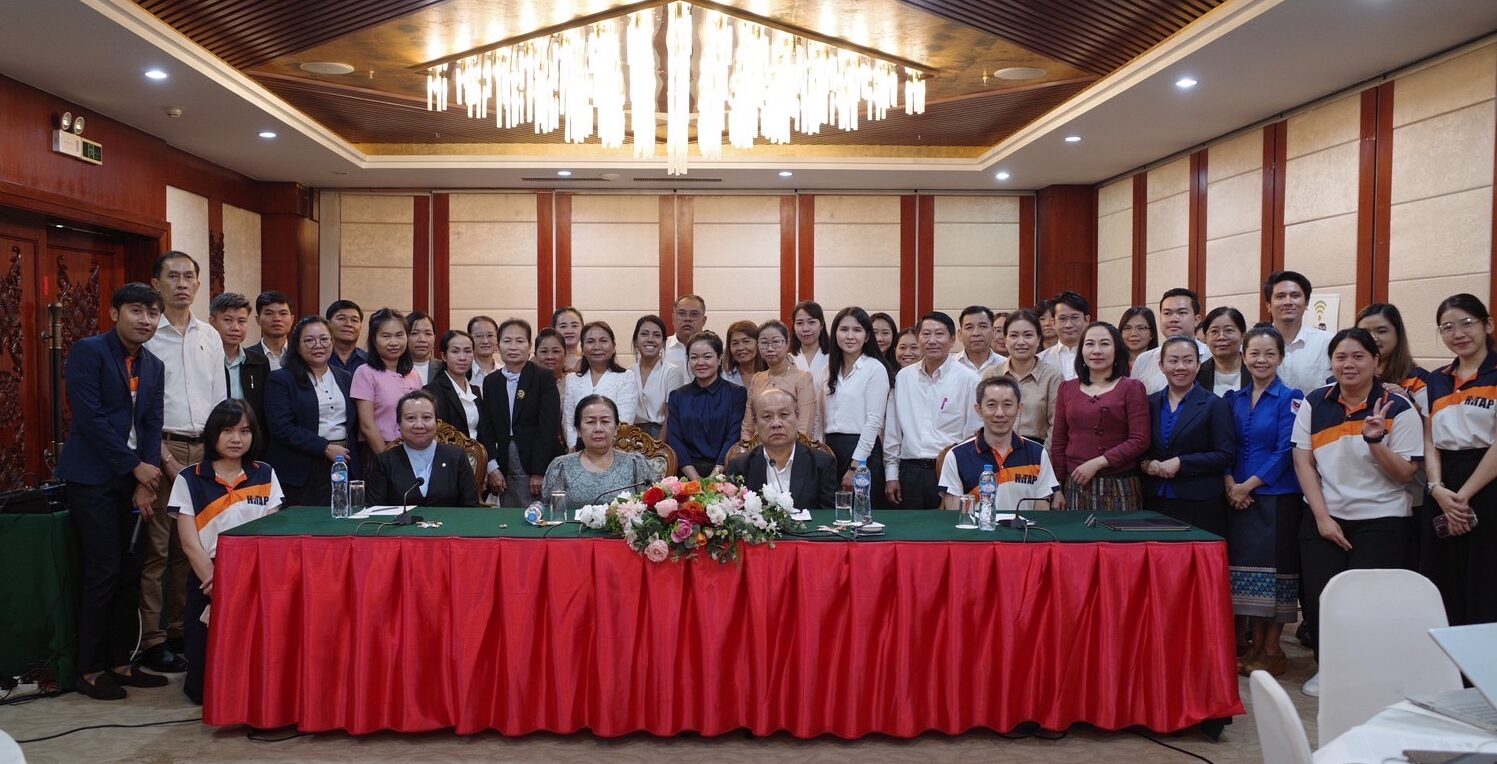
Figure 1 Opening event of the workshop on 17 July 2023 by the Chair of the Lao NIATG, Assoc. Prof. Khampe Phongsavath
“For me first time for HTA training. Improvement of my knowledge and skills in HTA. In my opinion, this training is very useful and helpful for all sectors.”
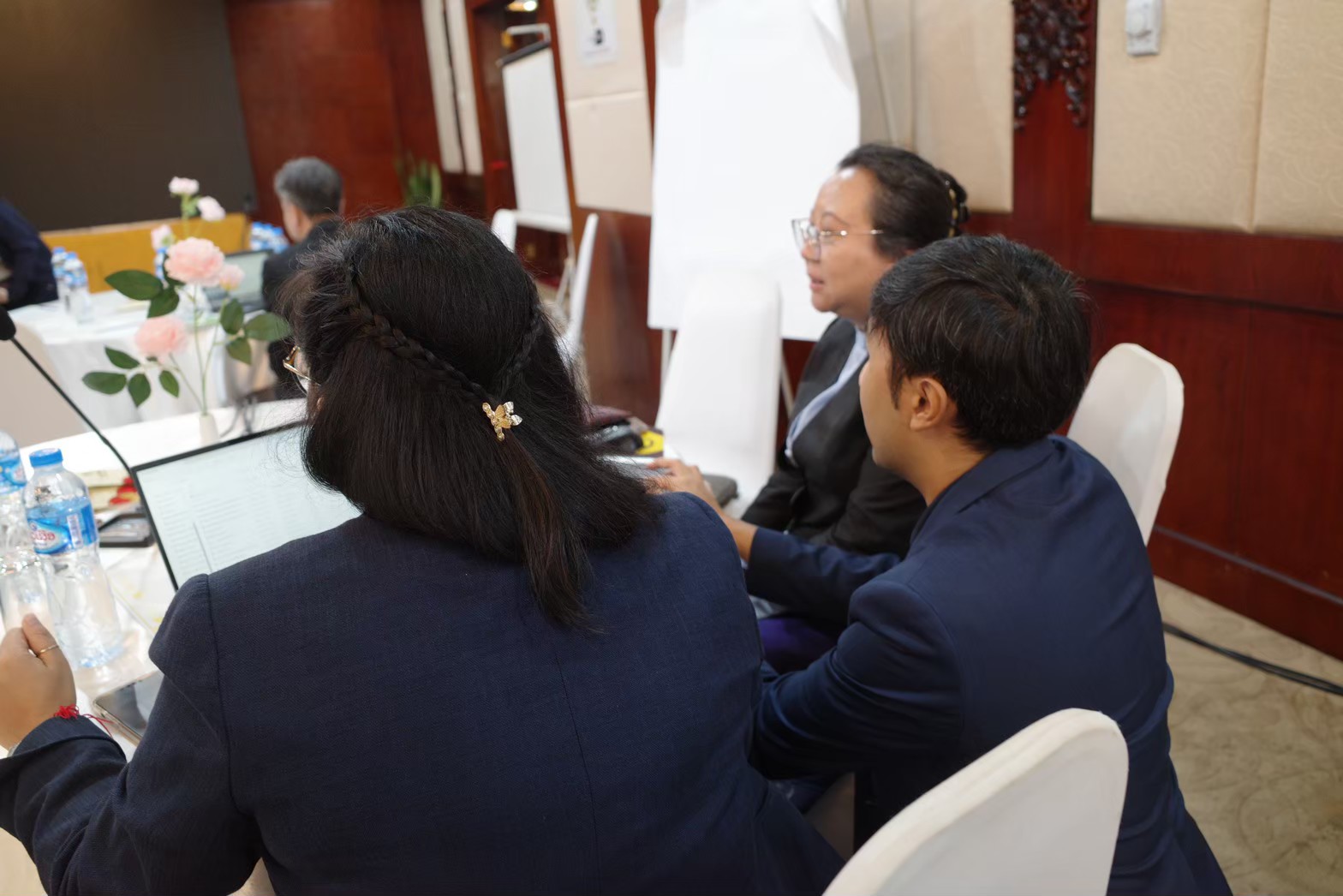
Figure 2 Participants and instructors installing a training software and preparing for the workshop on the first day
The workshop was well-received and feedback from participant suggests that experience with group-based activities was most positive. This highlights the importance of audience interaction and engagement in fostering an effective learning environment. In addition to the technical aspects of HTA, many participants also enjoyed and shared their opinions regarding the ethical, legal, and social implications (ELSI) in HTA, realising that economic evidence alone might not always be sufficient for making informed policy decisions. Rather, HTA involves having other types of evidence and considerations to understand broader perspectives and the complexity within the public health system.
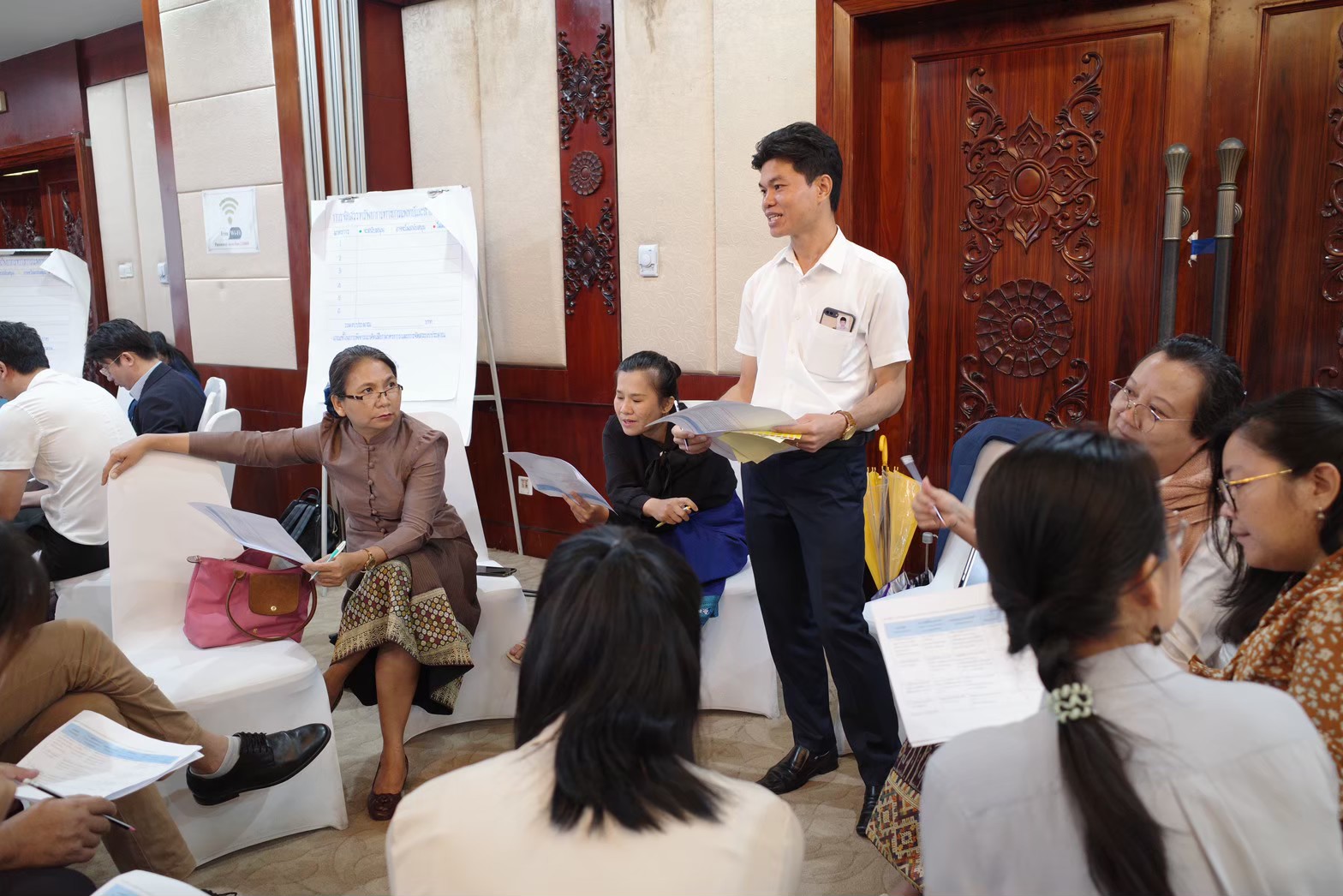
Figure 3 Participants actively brainstorming during one of the group-based exercises for the health care prioritsation.
“I need to practice more about model, how to use a model more and improve more about Markov model.”
Discussion forum
After the workshop, participants engaged in a discussion forum which served as a platform to reflect on and share their perspectives on prospects for using HTA or other evidence for the sustainable allocation of resources. Most participants believed that evidence (e.g., value of money, budget impact) used should be one of the fundamental principles guiding policy recommendations, and this should be encouraged in Lao PDR moving forward. While driving the local interest in using evidence for policy recommendations, it is important to ensure that the supply of evidence matches this demand. As highlighted by several participants, limited resources in terms of number of researchers and technical expertise are currently posing a significant challenge in promoting evidence use and practice in Lao PDR. Particularly vital for the advancement of HTA or other health research is the proficiency and methodological expertise of local researchers or champions, as well as the understanding of the Lao context.
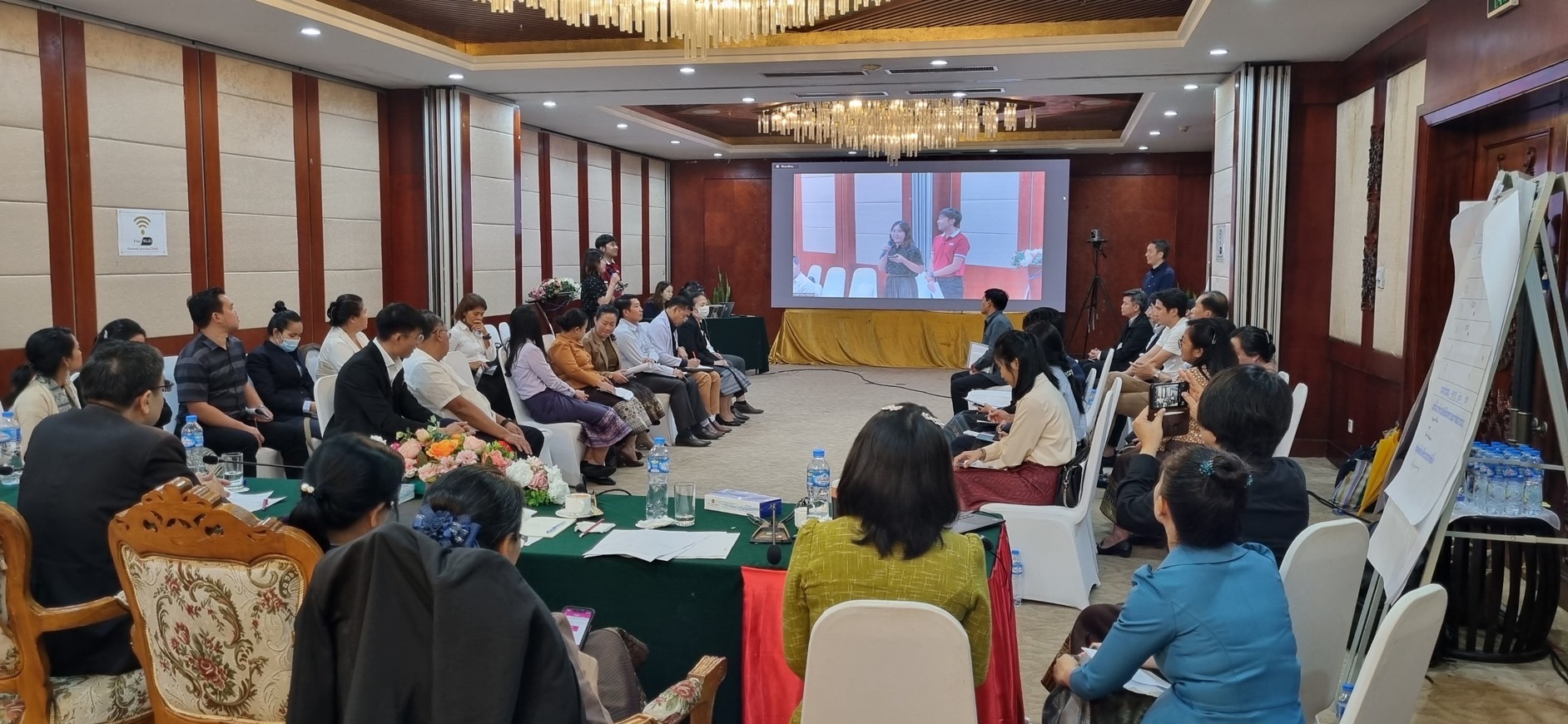
Figure 4 Discussion forum on the topic of evidence-based policy practice and the GAVI transition in Lao PDR, jointly organised by representatives from MCRI, CHAI, UHEP, UHS, and NUS.
Accordingly, further support on capacity building and strengthening from various stakeholders and partners is warranted, in which joint project collaboration and co-investigation were suggested as an efficient way to build long-term capacity of local staff, as well as demonstrating the feasibility of evidence use and practice. Looking ahead to future initiatives, it was also strongly recommended that the training actively involve more stakeholders representing diverse sectors. This strategic approach will facilitate a holistic learning experience from various perspectives and value judgments.
“HTA training should be continued and has multi-sectoral involvement”
For more information on the workshop, please visit https://www.hitap.net/en/documents/187739
Authors: Mick Soukavong1, Manit Sittimart2
Affiliation: 1University of Health Sciences (UHS) and Unit for Health Evidence and Policy (UHEP), 2Health Intervention and Technology Assessment Program (HITAP)


